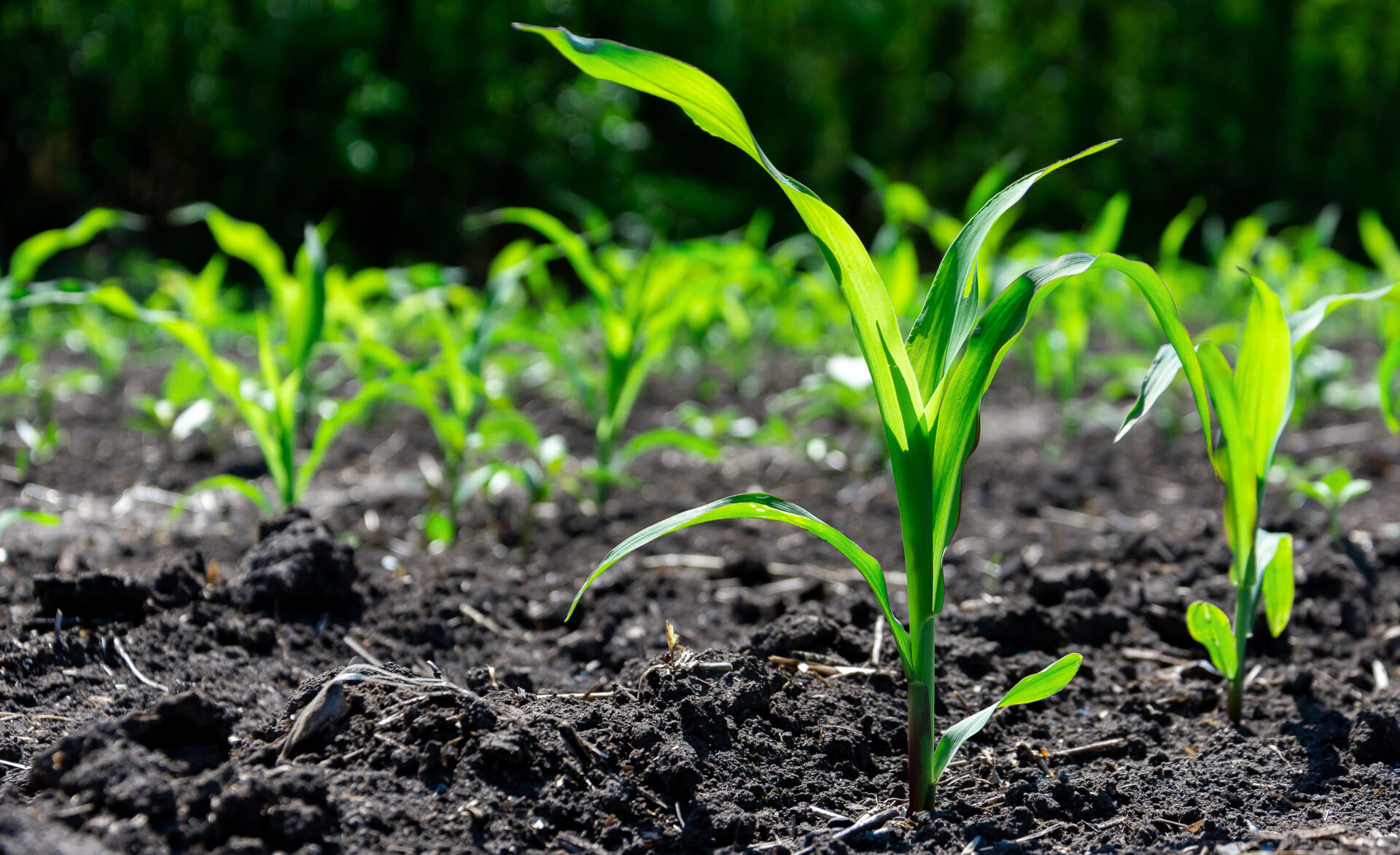News
First mapping of corn genome proves corn could have monumental impacts on breeding

Scientists at the University of Nebraska have mapped the first complete corn genome, an achievement that would advance crop health and agronomic decision making.
James Schnable, Professor of Agronomy with UNL, tells Brownfield the breakthrough allows researchers to breed different varieties to perform better in extreme environments. “Both changes in temperature and precipitation and changes in input costs and regulations. Nitrogen is a lot more expensive then it was five years ago, and weed control options like Atrazine we may lose in the coming years. We need to predict how corn will perform in different environments we can’t test in yet because they haven’t happened yet.”
He says breeders will be able to design and engineer corn varieties to adapt to changing climates, which will help farmers raise a crop with higher yields. “By sequencing the genomes of other varieties and more recently released varieties, we can start to understand what are the differences that drive why some varieties to well in some environments and others do well in others and why some are just bad overall.”
Schnable says data that’s gathered from genome sequencing can be used almost immediately to create new varieties. “If you think about that 7-10 year period between when a breeder starts evaluating new varieties and when a new hybrid reaches the market, the first varieties that are going to benefit from this will likely reach the market sometime between 2030 and 2033.”
Schnable and scientists from Iowa State University and China published their findings in the journal of Nature Genetics.
The first draft of a corn genome was identified in 2009, but genetics were too complex for a complete mapping. There were more than 100,000 gaps in sequencing.
UNL Professor James Schnable:

Add Comment